PPT-How to build your vocabulary dictionary Why Study Vocabulary
Author : lois-ondreau | Published Date : 2019-11-01
How to build your vocabulary dictionary Why Study Vocabulary What do I need for my vocabulary notebook Where do I find the words for my vocabulary notebook What
Presentation Embed Code
Download Presentation
Download Presentation The PPT/PDF document "How to build your vocabulary dictionary ..." is the property of its rightful owner. Permission is granted to download and print the materials on this website for personal, non-commercial use only, and to display it on your personal computer provided you do not modify the materials and that you retain all copyright notices contained in the materials. By downloading content from our website, you accept the terms of this agreement.
How to build your vocabulary dictionary Why Study Vocabulary: Transcript
Download Rules Of Document
"How to build your vocabulary dictionary Why Study Vocabulary"The content belongs to its owner. You may download and print it for personal use, without modification, and keep all copyright notices. By downloading, you agree to these terms.
Related Documents


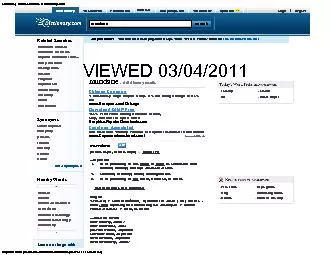


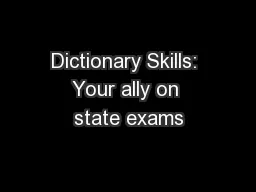

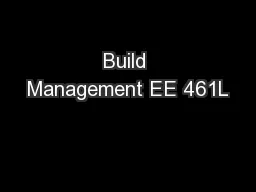


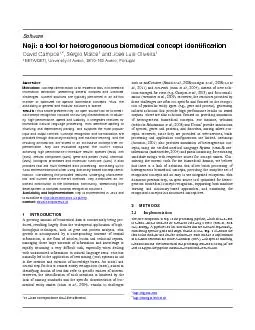
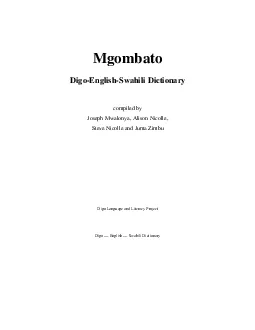

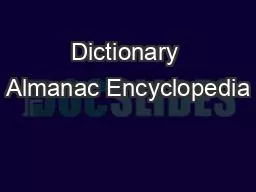
![[PDF READ ONLINE] Dahl\'s Law Dictionary: French to English/English to French an Annotated](https://thumbs.docslides.com/1019656/pdf-read-online-dahl-s-law-dictionary-french-to-english-english-to-french-an-annotated-legal.jpg)